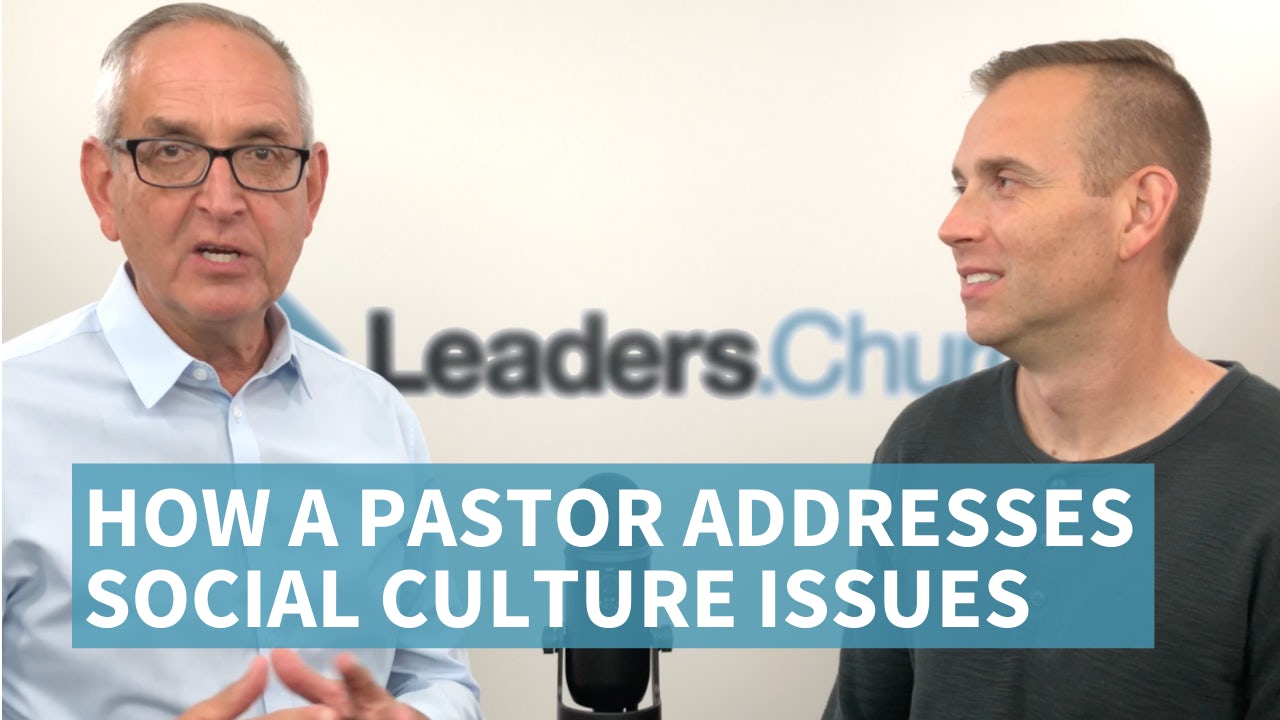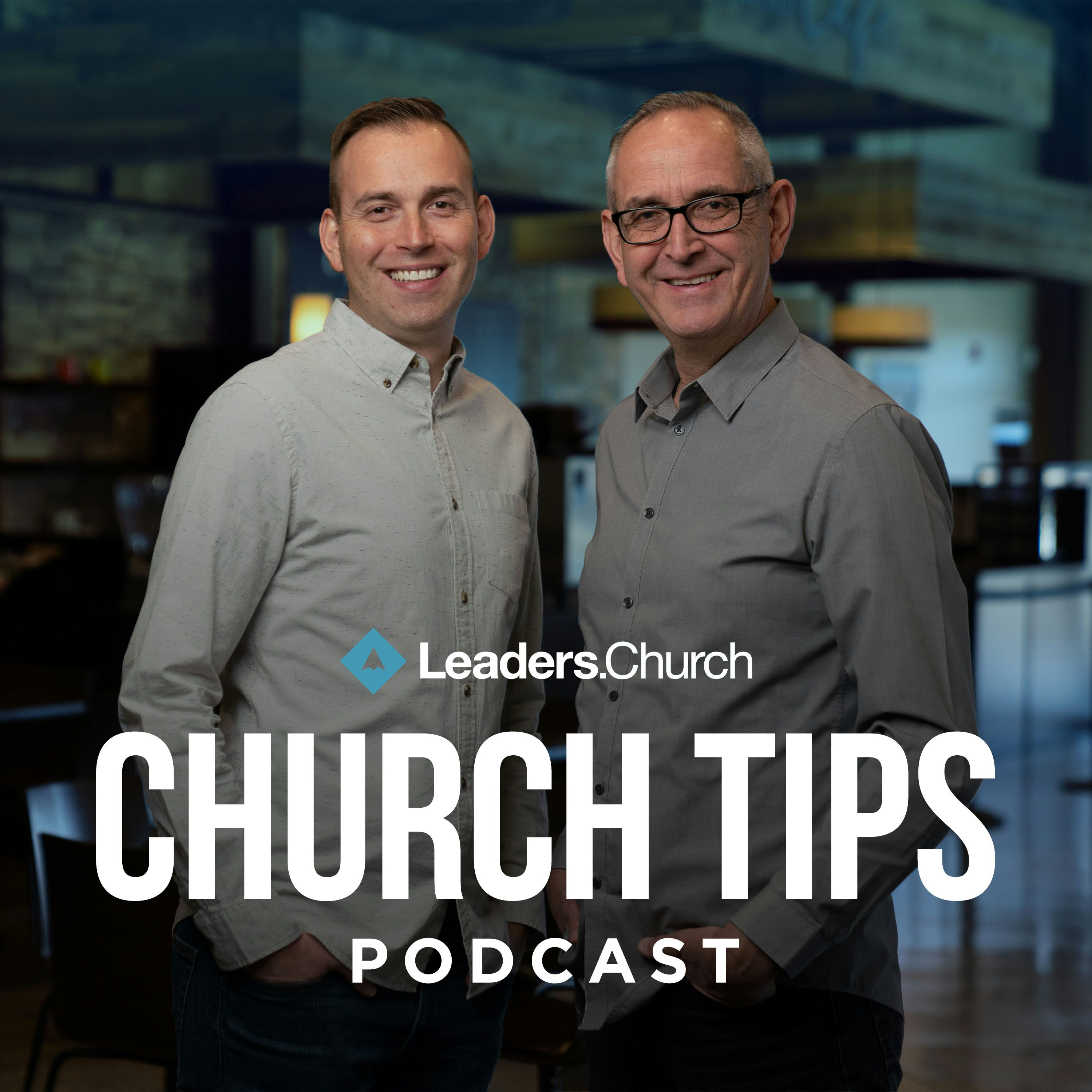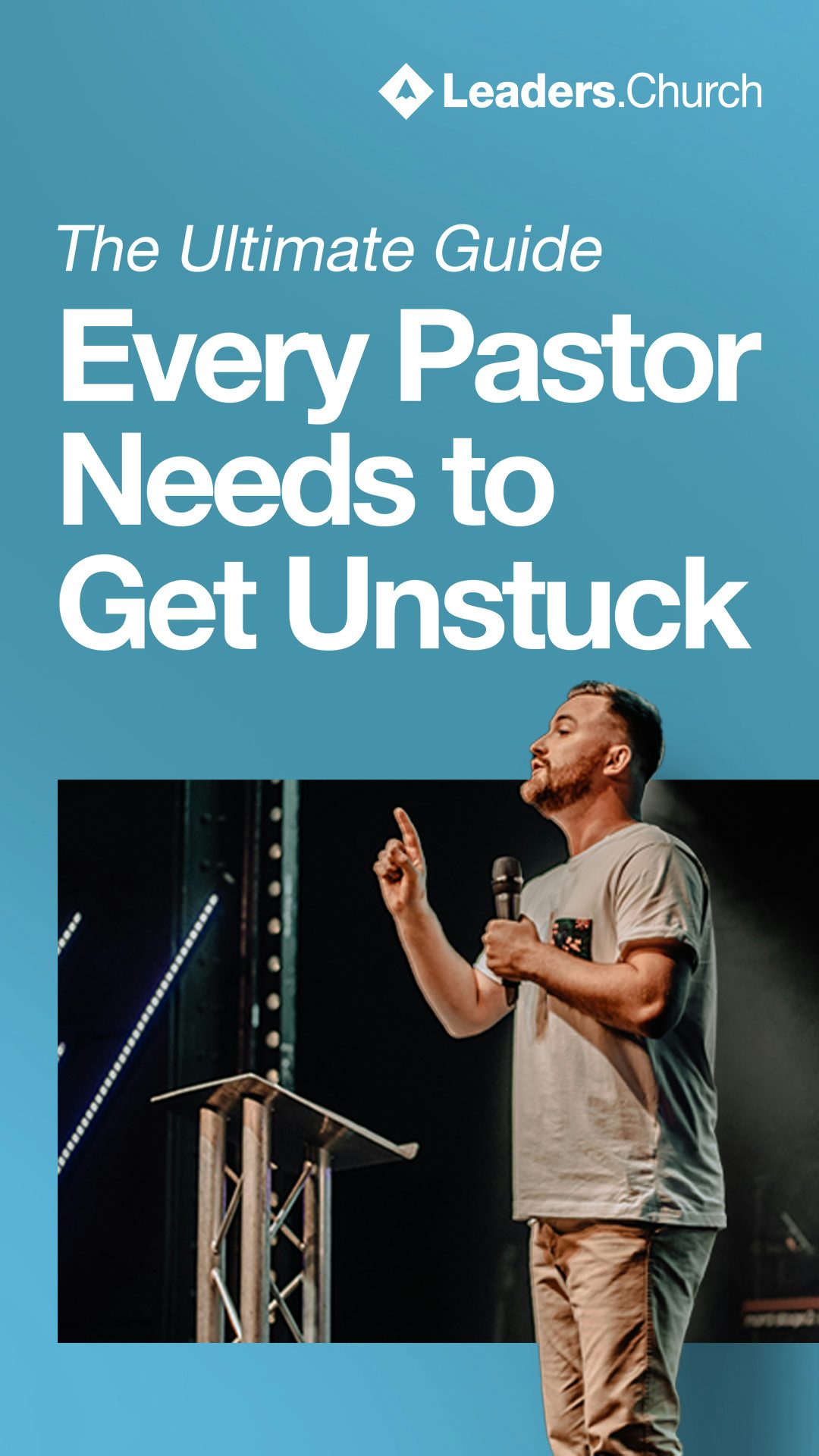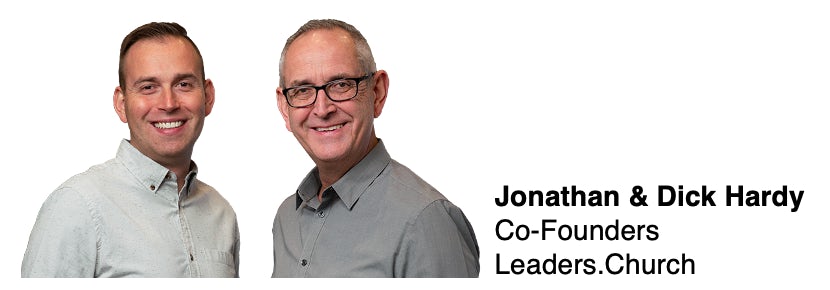088 – How a Pastor Addresses Social Culture Issues
What’s in this Episode?
William Wilberforce, Abraham Lincoln and Rosa Parks. Three people who entered the culture wars of their era and won. Looking through the lens of history, it can look clean and easy. But when you’re in the heat of the battle, when the culture war is swirling around you, it is not that easy. How does a believer and how does the pastor address the church social culture issues? In today’s Church Tips episode, we’re going to talk about exactly that.
Read the Transcript
Dick Hardy 0:00
William Wilberforce, Abraham Lincoln and Rosa Parks. Three people who entered the culture wars of their era and won. Looking through the lens of history, it can look clean and easy. But when you’re in the heat of the battle, when the culture war is swirling around you, it is not that easy. How does a believer and how does the pastor address the issues? In today’s Church Tips episode, we’re going to talk about exactly that. Here we go.
Dick Hardy 0:26
A number of years ago, when this guy was a little guy, I decided to run for the Johnston school board. We lived in a suburb of Des Moines, and this school board, this has been a dusty little town that all of a sudden was blowing up. And they were building new houses right and left. And so, the school board went from five members to seven members. So, rocket scientist that I am, I’m thinking, “Okay, two new members, I don’t have to run against an incumbent. I can just run for one of those empty seats.”
So, myself and another gal from our church, both ran and got those two seats. So, that began a nine-year journey for me at the public school board level. And I told Jonathan earlier, I was 35 at the time. And so, he was, I think he was having trouble believing that I was actually that young. But that’s what a young dad, who was on staff at a church decided to do, because I wanted to have influence in my community. We were able to do a search for a new school superintendent.
if the Lord speaks to your heart, about being involved in the school board, city council, your county government, state government, federal, whatever it is. As a believer, it is a wonderful privilege to be salt and light in that arena. And I certainly felt honored to be able to do that for those nine years. So, today, we’re going to talk about what a believer can do. We’re going to talk about this kind of in two veins.
First, what a pastor can do to have influence on the cultural issues of the day. And then, in turn, what the people in the church could and should do, following the example of the pastor as they move forward. So we’ve got four or five items, we want to run by you for consideration. So, Jonathan, get started.
Jonathan Hardy 2:54
Yeah, well, I think your school work example is just a great example of the need to be present and to be active in the community and active in the culture, because then you’re able to identify with where the culture is, and then make the decisions and navigate through those situations with a good solid understanding of the culture. And obviously, as we know, 2020 has been a tumultuous time period. Obviously, with at least for those who are in the United States with the election. And then of course, all the things that have happened throughout this year.
It’s just been, you know, an unusual year. And culturally, it’s been interesting to watch people, including Christians have different viewpoints, on addressing the cultural issues. And I think that’s why we felt like this would be a good opportunity for us to go and give some thoughts into how to address cultural issues. And so, we’re going to look at these things. The first thing is to start with the Bible and prayer.
So, whenever you look at a cultural issue, it’s so important to not allow the cultural narrative to allow the cultural conversation to dictate the decisions and the viewpoint that any of us have there on that issue. It has to go back to “Well, what does the Bible say?” And so many people I’ve seen this year, didn’t do that. They got caught up in the emotion, and of all the stuff going on and said, “Well, what does the Bible say about these things?”
And so, we have to always remember, the Bible is the absolute truth, right? If we truly believe that scripture is absolute truth, then we need to say, “Well okay, well what does it tell us? It answers everything for us.”
Dick Hardy 3:01
It really does.
Jonathan Hardy 3:29
There’s nothing new under the sun that we face today. The issue may be different than it was, say 2000 years ago, but the concepts are all still addressed somehow, someway. And so, we need to say okay, biblically speaking, how do we navigate this? And through prayer, God, show me, what is my response? How do I lead the church? How do I lead the people that are under my care through these different cultural issues that are going on in society today.
Dick Hardy 5:02
And I could tell you, Jonathan, along that line, when we had engaged that school superintendent, he went and engaged a curriculum director, who was born again. And I remember, the superintendent, the curriculum director and the board member and me sitting in the room. This was not the public board meeting. This was us sitting in a room dealing with an issue relative to kindergarteners.
Jonathan Hardy 5:29
Okay.
Dick Hardy 5:29
And we didn’t sit there and say, “Oh, because I believe in Jesus, I’m gonna…” But our core, the Bible was at the core of how we made our decisions. And we made a decision that was a God honoring decision, that just made it better for kindergarteners, because three believers were in the public space influencing culture. So, I’m telling you, listener, viewer, you could do that. And God has given you the privilege of doing that. And you’re able to start with the Bible and start with prayer.
Jonathan Hardy 6:07
Right. Okay, then the next thing is to be clear on the issue. So, one of the things you have to do is you have to kind of pull the curtain back. Take a step back and look at the issue at hand without allowing all the other ancillary things going on, all the narratives in society, and you have to say, “Okay, let’s look at, let’s get clear on what’s going on. What is the real issue?” Now, it doesn’t matter what all the who’s who says about the issue at hand.
We need to look at it ourselves. Get clear on it ourselves. And I think that’s a challenge right now, because there’s so much noise. And you have different news stations saying different things.
Dick Hardy 6:47
Social media going nuts.
Jonathan Hardy 6:48
And everyone’s got their opinion. Everyone’s the expert. And so, we have to be even more clear than ever, on what’s really going on. What’s really the issue here? So, that way, we then can go to what we talked about earlier about well, what does the Bible say?
Dick Hardy 7:02
You know, and I think pastor, as you’re talking to the congregation as a whole. You want to be respectful of people who disagree with your biblical position. Now, I hope you hear that clearly. You’re not going to change your biblical position. But there are people out there that know the Lord and some who don’t know, Lord, who will disagree with your biblical position. You need to be respectful of that. Kindness and courtesy is going to go a long way.
You know, Jonathan talked to me here the other day about some friends that he and Ashley have. They’re just they’re far from God. They, you know, our sense would be they don’t know God. But Jonathan and Ashley are in their sphere. The Lord has put you guys there to have influence on these people. So, pastor, for your church, be respectful of people to disagree with you, all the while speaking the truth. And model that then, for your congregation members as they’re dealing with their friends, families and neighbors.
Jonathan Hardy 8:05
Yeah. And on the heels of that you want to be loving and firm. So, in other words, don’t be wishy washy. You can’t, you have to stay firm, and in what you believe, and show that love regardless. It’s that unconditional love that God has shown us. And it’s hard for us to show that unconditional love to other people, but we do our best to do so.
And we speak the truth to them and help walk people through the situations at hand and in the moment, knowing that God’s going to help us. And I think that’s so important for us to do.
Dick Hardy 8:36
And I’ll tell you, the final point we want to make here is that when you’re dealing with cultural issues, frequently they’re not black and white. And frequently, there are rabbit trails that either happen by virtue of the discussion or people try to take you off of the the center. And you’ve got to continually center back on the Bible.
Jonathan Hardy 9:00
Yeah.
Dick Hardy 9:01
When you center back on the Bible, then you’re gonna say, okay, we went over here, then we went over here. But let’s get back to what the Bible says. If you can lead your congregation this way, they in turn, will do the same in their conversations.
Jonathan Hardy 9:13
Yeah, well, let me give you a quick recap of these five things. So, you want to start with the Bible and prayer. You want to be clear on the issue. You want to be respectful of people who disagree with your biblical position. You want to be loving, and firm, and then you want to center back on the Bible. And doing these things is going to help you know how to address the cultural issues of the day, because more and more issues will continue to come in the weeks, months and years to come.
And we need to be able to have a good way of addressing these things. And I think it’s important to know that, you know, we can’t separate the politics or the culture from the church. It’s an integrated part of our life. And so, we need to help the body understand how you address these things from the biblical perspective. The final thing I would encourage you to do is to continue to grow in your leadership.
So, this this whole discussion today really centers on you being the leader you need to be to help lead other people into these things. And that’s why I want to encourage you to sign up for the Four Secrets Masterclass. This is a one-hour presentation where we help you go to the next level, and lead at the next level by looking at four different components of your leadership.
And when you do these things, it’s going to help you elevate your leadership and the leadership of those around you, so that you can see greater days ahead for your ministry and for your church. So, if you want to sign up for that, I would encourage you to do so by going to leaders.church/secrets. That’s leaders.church/secrets. Sign up, and you can get access right away. And you can get on your way to being the leader that God wants you to be.
And then finally, I want to encourage you to sign up for, or subscribe rather to whatever podcast platform you listen to this podcast on. Subscribe as well, to our YouTube channel. That way you can get all the notifications and word when new episodes are coming out. And we just thank you so much for being a part of Church Tips today. And we look forward to seeing you next time. Take care and be blessed.
Jonathan Hardy 11:09
Hey, Jonathan here. Real quick before you go. Everything in your ministry rises and falls on your leadership. So, investing in your leadership is essential to staying healthy and growing the ministry. And that’s why I want to invite you to join us inside the leaders.church membership. This online streaming service for pastors gives you access to more than 300 videos plus training material to level up your leadership and improve your ministry skills. If you’d like to do that, I want to invite you to go to leaders.church/boost. Again, that’s leaders.church/boost.
Well, thanks again for joining us on the Church Tips Podcast. We’ll look forward to seeing you next time.
Subscribe & Follow:
- Subscribe on Apple Podcasts
- Follow on Spotify
- Subscribe to YouTube Channel
- Subscribe on Google Podcasts
- Like us on Facebook
- Follow us on Instagram
- Follow us on Twitter
Other Resources:
- Leaders.Church
- Leaders.Church Blog
- Church University
- Take the Free 5 Day Leadership Challenge for Pastors
- Get Free Access to the 4 Secrets Masterclass









